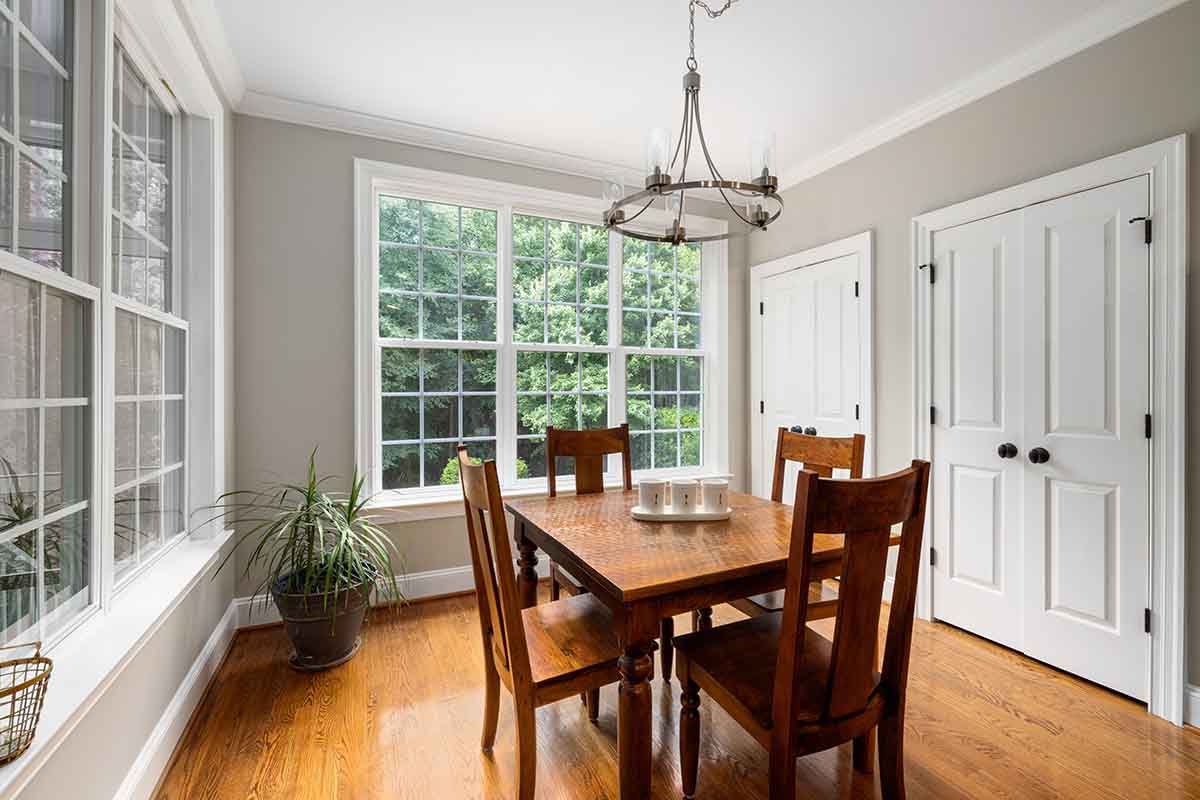Home Equity Loans That Don’t Require a Refi
Perhaps you need money to pay off your high-interest credit card debt. Well, did you know that a cash-out is but one way you can use your home’s equity? It’s true: you can convert the equity in your home into home equity lines of credit, home equity loans, and home equity investments – AND keep the terms of your original mortgage loan. Here’s what you need to know.
Home Equity Line of Credit
Known as HELOCs, these lines of credit essentially convert your equity into a credit card and allow you to pull out cash over a protracted period. In fact, you can borrow up to 80% of your equity, and during the first 10-15 years, you’ll only pay the interest.
Subsequently, you’ll begin making bigger monthly payments. Note that your rate can go up over time because the credit line typically has a variable interest rate.
Securing a HELOC typically calls for relatively high credit scores. However, if you can get one, you may not have to deal with closing costs. Just know that if you sell your house with a home equity line of credit in place, you’ll need to use sale proceeds to pay it off.
A HELOC is a wise choice if you’re not certain of the amount of cash you require or if you want to have funds available over an extended period. It also makes sense if you can’t currently handle a big monthly payment.
Home Equity Loan
You can liken these kinds of loans to conventional mortgage loans, complete with closing costs. How such a loan works is, a lump-sum payment is forthcoming at closing. After that, you’ll spend five to 30 years making monthly payments – plus interest.
Also known as second mortgages, these loans usually have fixed interest rates. In other words, the rate won’t change during your loan term. But as with HELOCs, selling your own means having to use proceeds to erase any balance.
If you’re wondering whether you’re a good candidate, know that these loans work optimally for those with pretty good credit scores who can handle a second monthly payment plus their current mortgage payment.
Because some lenders permit an LTV of up to 90%, such a loan is also suitable for those who don’t have all that much home equity. For instance, a home that’s valued at $500,000 could provide access to a maximum of $450,000 across your home equity loans and mortgage. Do yourself a favor and check out Achieve home equity loans.
Home Equity Investment
You’ll need a decent amount of equity to be eligible, but with this approach, you can hit up your equity without incurring additional debt. What happens is, an investor will purchase a portion of the equity you have in your house. Then after about 10 or 30 years – when your term ends – you’ll buy them out. The amount you’ll pay will be based on the home’s market value.
While you won’t have to pay interest on home equity investments, you’ll wind up doling out more if your house goes up in value by the term’s end. You’ll also be responsible for service fees, which typically come to 3% to 5% of the payment total. In addition, you’ll need to keep between 20% to 25% equity in your home.
Here’s a scenario: if you have a home valued at $500,000, you may be able to borrow up to $400,000 less your current mortgage balance. You may want to consider going this route if you need an influx of cash but can’t handle an additional monthly payment. A home equity investment might also work for you if your credit score isn’t great.
So, yes, there are home equity loans that do not require a refi. Assess your situation carefully to see which option works best for you. If you need help, you may want to speak with a mortgage professional or financial advisor.




















